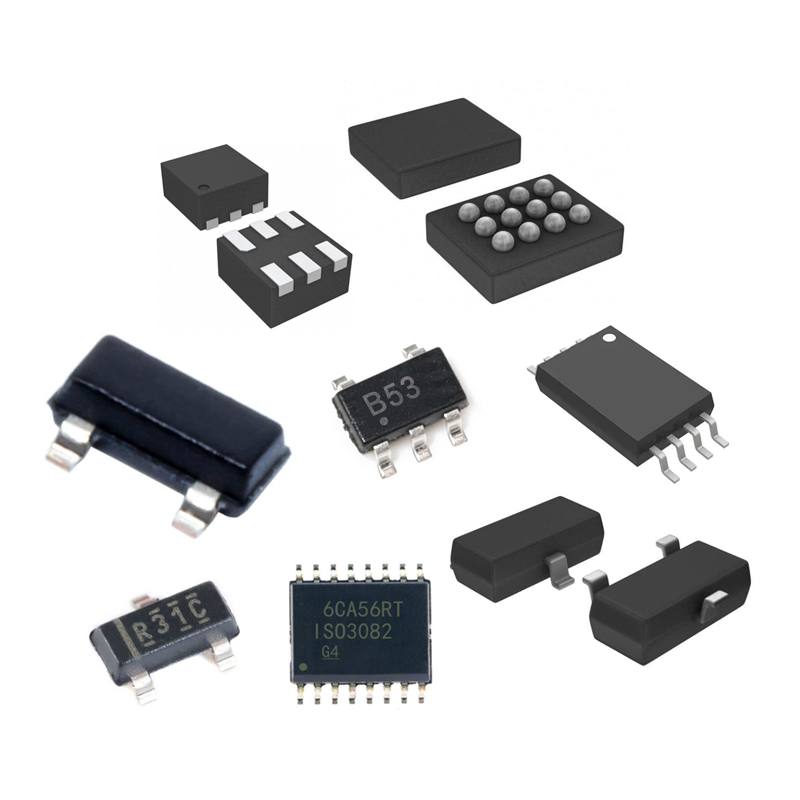
With the rapid development of integrated circuit technology, the functional complexity and integration level of chips are increasing day by day. One of the key steps to ensure the factory quality of chips is to conduct detailed and comprehensive functional testing. Chip functional testing is the core link to verify whether the chip design meets the predetermined specifications, whether the performance meets the standards, and whether it can work stably in the expected environment. The following are the main test categories and their contents included in chip functional testing:
1. Logic function test:
Functional testing: By inputting preset data patterns into the chip and checking the output results, it is verified whether each logical unit in the chip correctly performs calculations and processing tasks according to the design requirements.
Timing test: Check whether the timing relationship between the signal paths inside the chip meets the design specifications, including parameters such as setup time and hold time.
Performance test: Evaluate the chip's working speed, response time and data throughput to confirm its performance under high-speed operation.
Stability test: Observe chip behavior under long-term operating conditions to ensure its stability under various load conditions.
2. Power supply and power consumption management test:
Power consumption test: measure the static power consumption, dynamic power consumption and total power consumption of the chip in different working modes to check whether there are leakage, short circuit or substandard power efficiency problems.
Power integrity test: Ensure that the chip can still operate normally under power fluctuations and evaluate the impact of the power network on chip performance.
3. Signal integrity and electrical performance testing:
Signal integrity test: Check all input/output interface signals of the chip, including but not limited to clock, data and control signals, and test their amplitude, rise/fall time, noise tolerance and anti-interference ability.
DC parameter test: Determine the DC characteristic parameters such as threshold voltage, turn-on current, and saturation current of the chip.
AC parameter testing: involves the measurement of frequency response, gain, noise figure and other related electrical performance indicators.
High-speed digital signal performance test: Verify the signal quality and bit error rate of the chip during high-speed data transmission.
4. Environmental tolerance and reliability testing:
Temperature cycle test: Place the chip in high and low temperature environments to test its performance consistency and reliability under extreme temperature changes.
Humidity sensitivity testing: Evaluate performance changes and potential corrosion risks of chips under different humidity conditions.
High-voltage pulse test: By applying high-voltage pulses, the abnormal electrical conditions that the chip may encounter are simulated, and its ability to withstand overvoltage and the effectiveness of the protection mechanism are tested.
Reliability testing: including lead wire ball/solder joint reliability, lead wire elasticity reliability, mechanical stress resistance test, etc. to verify the long-term durability of the package structure and connection parts.
5. Other specific tests:
Memory test: For chips integrated with memory, the integrity and error rate of read and write operations are tested.
Clock frequency test: Verify whether the frequency response inside the chip and to the external clock source meets the design requirements.
Leakage current and current limit testing: Ensure that the chip's leakage current in the no-signal state is within an acceptable range and does not exceed safe current limits under maximum load conditions.
In summary, chip functional testing is a systematic engineering process that covers multiple levels of testing items, aiming to ensure the quality and reliability of the chip in an all-round way and lay the foundation for the efficient and stable operation of electronic products. With the advancement of semiconductor process technology, testing methods and standards are constantly updated and improved to adapt to new chip design challenges.
Eurotech is a worldwide supplier and exporter of electronic components, specializing in ICs, LCDs, Memory, Chips, computer parts, networking equipments and other passive components.
Tel: (86) 755 83952292
E-mail: info@eurotech-ic.com